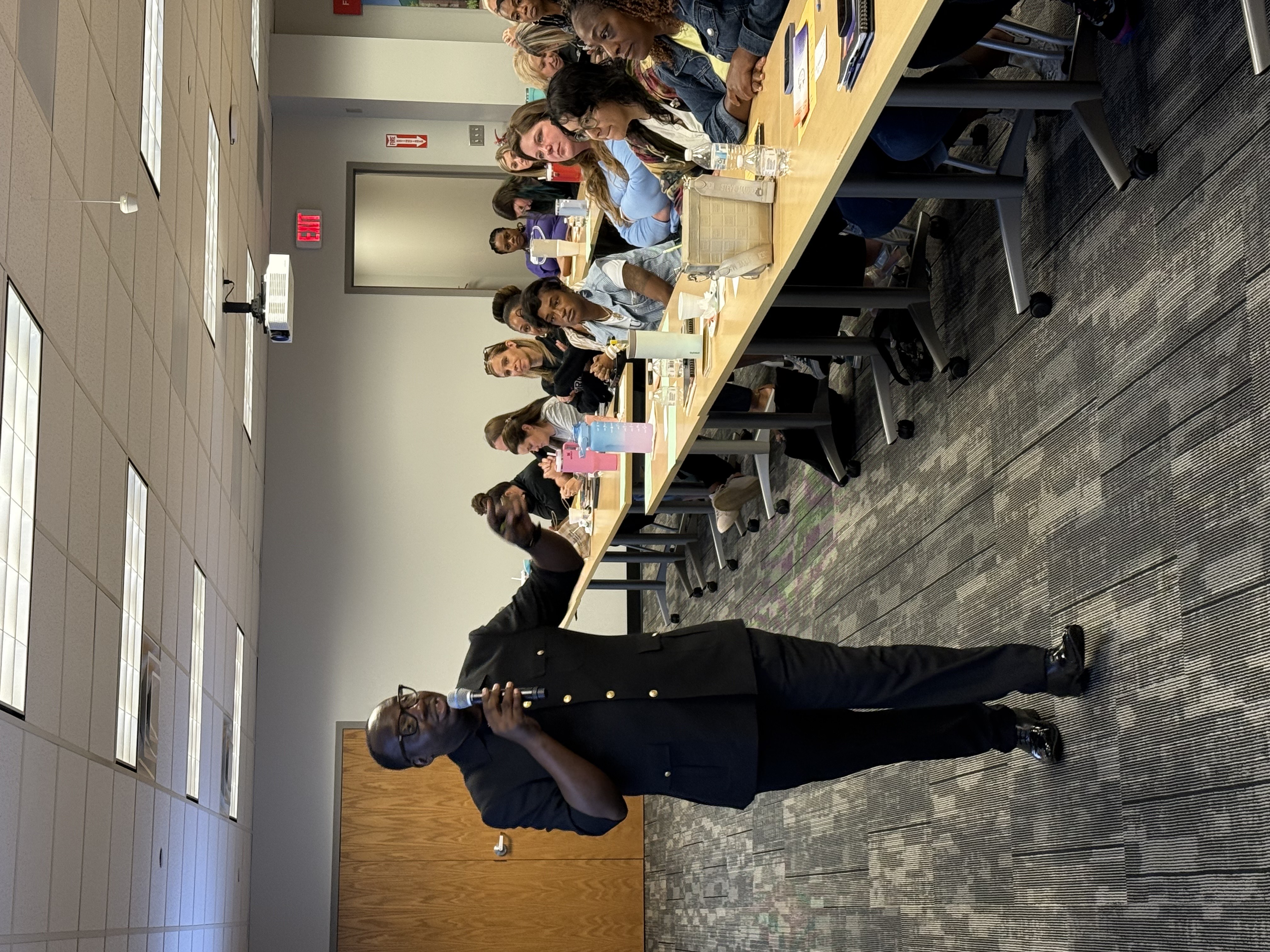
October 10, 2025
By Tracy Effah, Health Equity Intern
Tuesday, September 30, 2025, Ebenezer Healthcare access facilitated a training session on Cultural Competency in Healthcare: Building Trust and Effective Communication with Immigrant Families for the organization Help Me Grow. Nurses, community health workers, social workers, and teachers who provide health support to underserved families showed a strong interest in learning how to improve the quality of care for immigrant and refugee families. The session brought together many important ideas that highlight how cultural competency plays a key role in better healthcare.
Now, you may ask what cultural competency is and why it is needed in the healthcare field. Cultural competency is the ability to interact, communicate, and understand people from diverse cultural backgrounds. Different cultural beliefs can shape a person’s behaviors, expectations, and views on health, which makes it important for providers to practice cultural humility and create a safe, supportive environment. Healthcare providers have the responsibility to provide equitable care that meets the needs of all populations. A foundation built on this helps providers see how culture directly influences patient interactions and outcomes.
Specifically looking at the immigrant and refugee families in Dayton, Ebenezer Healthcare Access has observed many challenges they face. The migration journey itself can take a toll on both physical and mental health, and families often encounter barriers once they try to access care. These barriers include language differences, fear related to immigration status, and confusion when navigating the U.S. healthcare system. On top of this, social determinations of health, such as housing, transportation, education, and social integration, add extra layers of difficulty. Ebenezer Healthcare Access’s mission is to help address and overcome these barriers because every individual deserves the opportunity to receive quality healthcare and live a quality life. This is what makes the training especially meaningful and beneficial for the Dayton community.
Lastly, once these ideas were established, the next step was focusing on real skills and tools that providers can use in their work every day. Participants practice culturally sensitive communication strategies such as asking respectful questions, noticing both verbal and non-verbal cues, and avoiding assumptions or stereotypes when working with families. They were also introduced to country-specific health profiles that help providers better understand patient backgrounds and adapt care accordingly. By approaching sensitive topics like mental health, reproductive health, and end-of-life care with respect for cultural traditions and roles, providers can build trust and stronger relationships with their patients. This training matters because it gives healthcare workers realistic ways to deliver care that is fair, respectful, and effective for immigrant and refugee families.
Support Our Mission
Help us continue providing essential healthcare access to communities in need
Dayton Office
Columbus Office
Cincinnati Office
4400 Reading Rd
Cincinnati, Ohio 45229
Connect With Us
© 2026 Ebenezer Healthcare Access. All rights reserved.